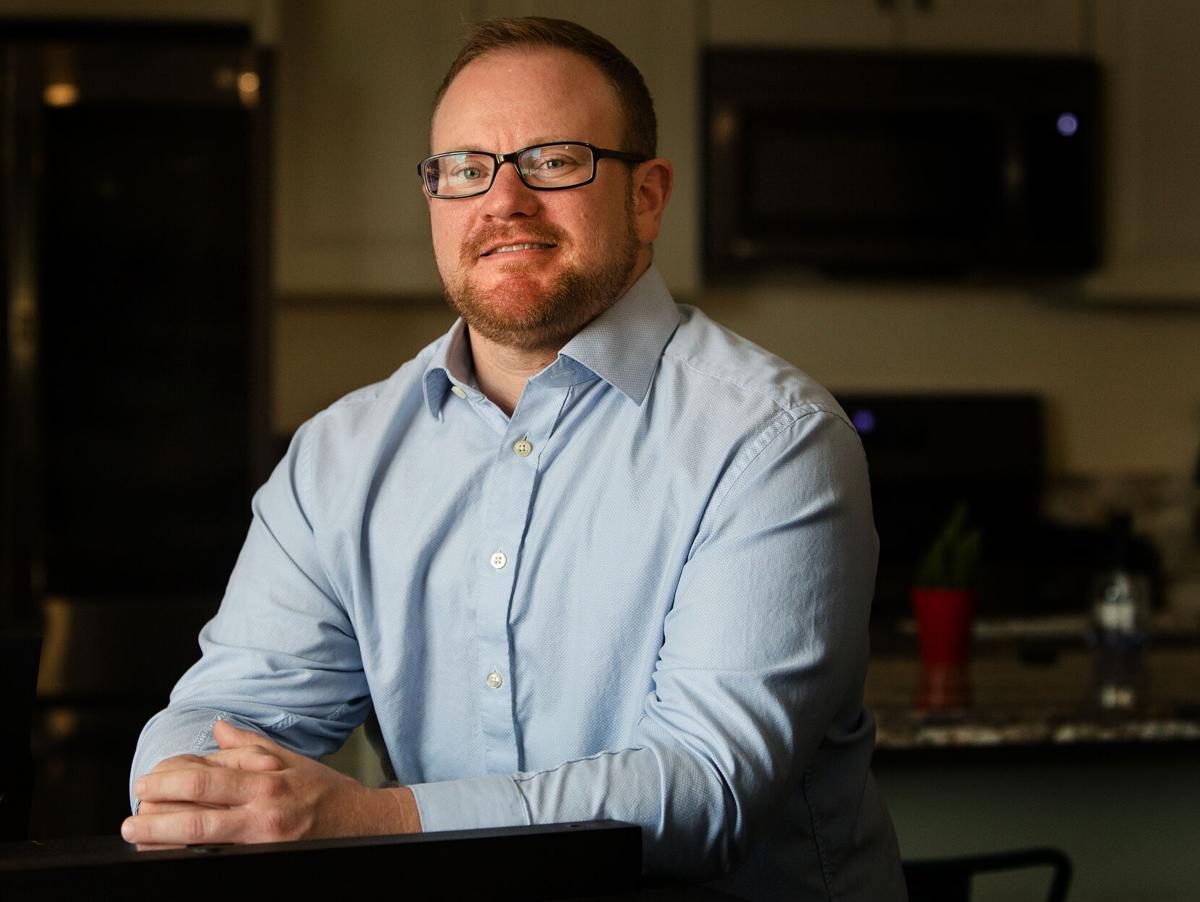PHOENIX — Rebuffing Arizona’s Republican legislative leaders, a federal judge has signed an order to permanently require the state to pay for gender-affirming surgery for its own and university employees and retirees.
But the state won’t be paying the attorneys who filed the lawsuit as much as they had sought.
The case stems from efforts by Russell Toomey, a transgender professor at the University of Arizona, to get the state’s insurance plan to cover the cost of a long-sought hysterectomy.
Toomey charged in the lawsuit filed in federal court that the state’s insurance policy covers the cost of all “medically necessary” surgeries. And he argued that the procedure he wanted fit the category of medically necessary for his gender dysphoria, a sense of mismatch between biological sex and gender identity.
He got his relief when Gov. Katie Hobbs in an executive order she signed in June, directed the Department of Administration, the state’s personnel arm, to remove language excluding “gender reassignment surgery” from the health care policies now available to state and university employees and retirees. And that order affects more than just Toomey.
In her new order, Judge Rosemary Marquez rejected arguments by an attorney for Senate President Warren Petersen and House Speaker Ben Toma that it is wrong for her to cement into a consent decree — enforceable in federal court — a requirement that the state must pay not only for Toomey’s surgery but forever pay for such procedures for anyone else in a similar situation.
Drew Ensign said that would “improperly interfere with future policy decisions of the Arizona Legislature, running afoul of bedrock principles of federalism.” Anyway, he said, the governor’s order meant the case was resolved and a court order was unnecessary and inappropriate.
The problem with that, Marquez wrote, is that the governor’s executive order is transient.
“Her administration or a future administration may reinstate it at any time,” the judge wrote. “Thus, the consent degree provides further relief to the class (of affected people) beyond the change effectuated by the executive order by making the exclusion’s removal permanent.”
As part of the deal, the state also agreed to pay $500,000 to the American Civil Liberties Union and the attorneys it hired over the four years the lawsuit was being fought.
Ensign said the lawyers should walk away with nothing, given the governor’s executive order.
“It is effectively a redundant command to take actions that were certain to be taken anyway even if no injunction ever issued,” he told the judge. “Plaintiffs are not entitled to any fee award — let alone half a million dollars of taxpayer money for what amounts to little more than mere memorialization of relief that Executive Order 2023-12 already gave them.”
ACLU attorney Christine Wee countered the requested fees “reflect a small fraction of the costs and time spent litigating this case over the past four years.” And she said the $500,000 is “well within the range of reasonableness.”
Marquez, in the new order, agreed — to a point. She said that, given the number of hours spent on the case, the attorneys “have accepted a substantially discounted amount” from their normal rates in the interest of settlement.
But even with not billing for all the hours they claim they spent, the judge had a problem with the hourly rates charged by the “New York lawyers” in the case, calling them “much higher than the customary rates charged in this district by lawyers of comparable skill, experience and reputation.”
And she did agree, at least in part, with Ensign about what all those legal efforts produced.
“A significant portion of the relief obtained by the class — removing the exclusion from the plan — was achieved by executive order, independent of class counsel’s efforts in this case,” Marquez did.
But she said the lawyers “worked diligently for over three years” and got the exclusion permanently removed. So the judge reduced the fees the state will pay to $375,000.
Toomey is a professor of family studies and human development at the University of Arizona who conducts research on how sexual and gender minority youth thrive despite barriers and challenges they encounter.
In an interview with Capitol Media Services in June, Toomey said he knew he was “different” at a very early age.
“I thought I was a boy at that point but was being told by everything and everyone in my environment ‘No, suck it up, you’re a girl,’” he said.
But it took until he was at least 19, read a book and worked with a counselor that he learned there was a phrase to describe what he was experiencing: gender dysphoria.
It was shortly after that he began taking hormones and, about a year later, he had chest reduction surgery, all paid for out of his own pocket.
“The need to have a hysterectomy has always been there for as long as I can remember,” he said. But Toomey said he waited until he got the security of tenure at the University of Arizona to seek coverage for the hysterectomy, first by trying to change the policy and, when that didn’t work, by filing suit.
Nor does he believe the fact that his uterus and ovaries are not outwardly visible make the surgery any less necessary.
“It’s really hard to explain to somebody that’s not transgender,” Toomey said. But he said it comes down to “knowing that there’s a part of your body, whether visible or not, that doesn’t belong because it doesn’t align with how you understand your experience to be.”





